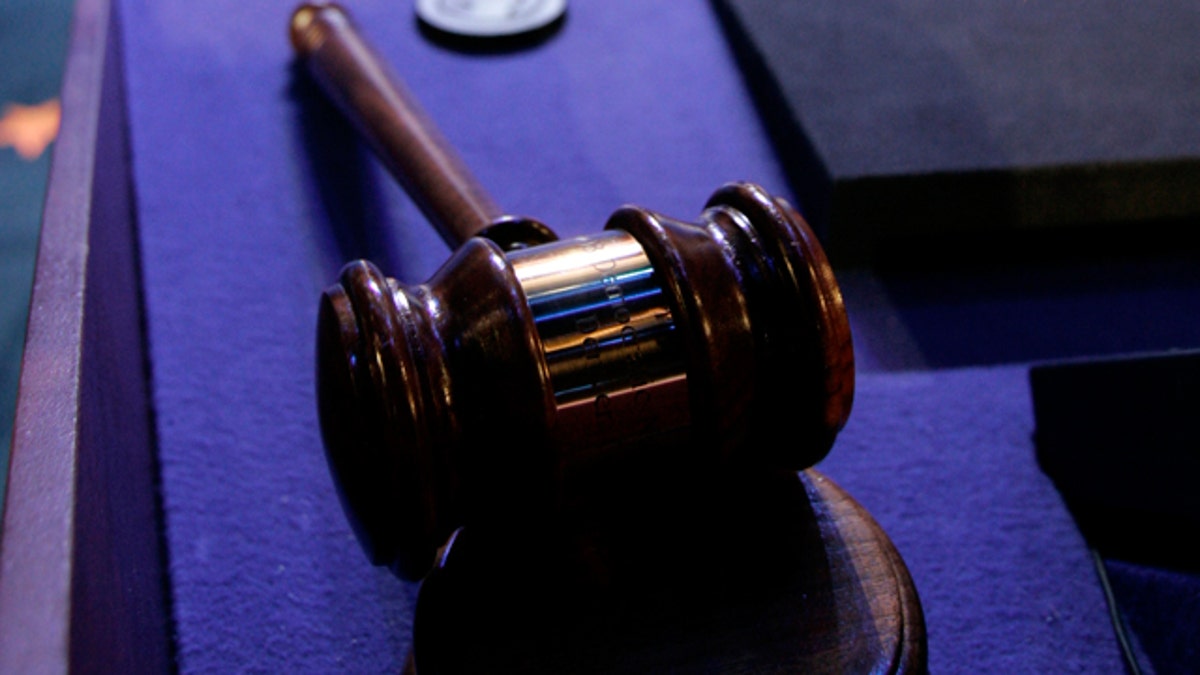
The city of St. Louis – known for its Gateway Arch, the Lewis & Clark expeditions and riverboats along the Mississippi – has become a “judicial hellhole” whose antiquated rules have made it a favorite of personal-injury lawyers shopping for big-money verdicts, according to one legal group.
One such verdict: The $110.5 million awarded last May by a St. Louis jury to a woman who had sued Johnson & Johnson, claiming a link between the company’s baby powder and her ovarian cancer. Neither the plaintiff nor defendant were from St. Louis, but four verdicts worth more than $300 million against Johnson & Johnson have been handed up by juries in the city over the past two years.
The huge personal-injury payouts have earned St. Louis courts a No. 3 ranking in the newly released “Judicial Hellholes,” an annual report of the American Tort Reform Association (ATRA), which says antiquated rules about what constitutes legitimate expert testimony is a big part of the reason out-of-state plaintiffs and lawyers like the city’s courts.
Antiquated rules about what constitutes legitimate expert testimony is a big part of the reason out-of-state plaintiffs and lawyers like St. Louis courts.
“It’s the whole question of scientific evidence,” Tiger Joyce, president of the ATRA, told Fox News.
“Witnesses who are testifying normally can’t offer opinions or theories. They can only testify about what they saw and what they actually experienced. But expert witnesses like scientists and other technical experts who testify in St. Louis have been allowed to offer theories or opinions that are outside the consensus of generally accepted science. This is very important in litigation because when a theory of a link between a product and a disease is offered by an expert witness with a Ph.D. it can be very convincing to a jury."
Missouri's governor and legislature appear poised to enact reforms in 2018 to address these issues, Joyce said. "Continuing the reform effort begun this year will lower St. Louis in future Judicial Hellhole rankings."
This year’s list includes states as well as cities. Florida topped the list for the first time in the 16 years that ATRA has been compiling it because of “liability-expanding decisions and barely contained contempt for the lawmaking authority of legislators and the governor has repeatedly led to its inclusion in this report,” the ATRA said. It also said that “an aggressive personal injury bar’s fraudulent and abusive practices in South Florida and elsewhere have also tarnished the state’s reputation.”
The ATRA said that despite efforts by state lawmakers to reform the judicial system, the Florida Supreme Court fought those efforts, sometimes invalidating them. In one case, the group said, the state’s high court nullified a state law that paved the way for plaintiffs and defendants to pursue settlements in medical malpractice cases instead of going into litigation.
The report was not well received by some lawyers’ groups.
Florida’s recent economic experience shows that so-called "tort reform" has nothing to do with a state’s business climate, no matter what the corporate propaganda mills want people to believe.
Ryan Banfill, the communications director for the Florida Justice Association, said in a statement to Fox News: “Florida has a vibrant justice system that is working to keep Floridians safe and deter insurance companies and big corporations from taking advantage of people and small businesses.”
“When you look at the evidence, Florida’s recent economic experience shows that so-called ‘tort reform’ has nothing to do with a state’s business climate, no matter what the corporate propaganda mills want people to believe,” Banfill said. “We commend Florida’s legislature for recognizing that holding corporations accountable for their actions in court provides a free-market alternative to government overregulation.”
Other states on this year’s Judicial Hellholes list are California, Pennsylvania, New Jersey, Illinois, Louisiana and New York because of its asbestos litigation court. Several jurisdictions were singled out for lax standards when it comes to expert witnesses, thinly veiled bias in favor of plaintiffs and giving extraordinary large monetary awards.
ATRA said that California came in at No. 2 due to its many regulations and frivolous legislating.
The report said the state is overzealous in expanding civil liability on businesses and property owners.
“With another 859 new statutes added to the books in 2017, the annual average for new enactments since 2010 ticked up to more than 830,” the authors wrote, “making it virtually impossible for even the most conscientiously law-abiding Californians to keep up and protect themselves from costly lawsuits.”
“Jurisdictions singled out by ‘Judicial Hellholes’ reporting are not the only judicial hellholes in the United States; they are simply among the worst,” the ATRA said. “The goal of the program is to shine a light on imbalances in the courts and thereby encourage positive changes by the judges themselves and, when needed, through legislative action or popular referenda.”

